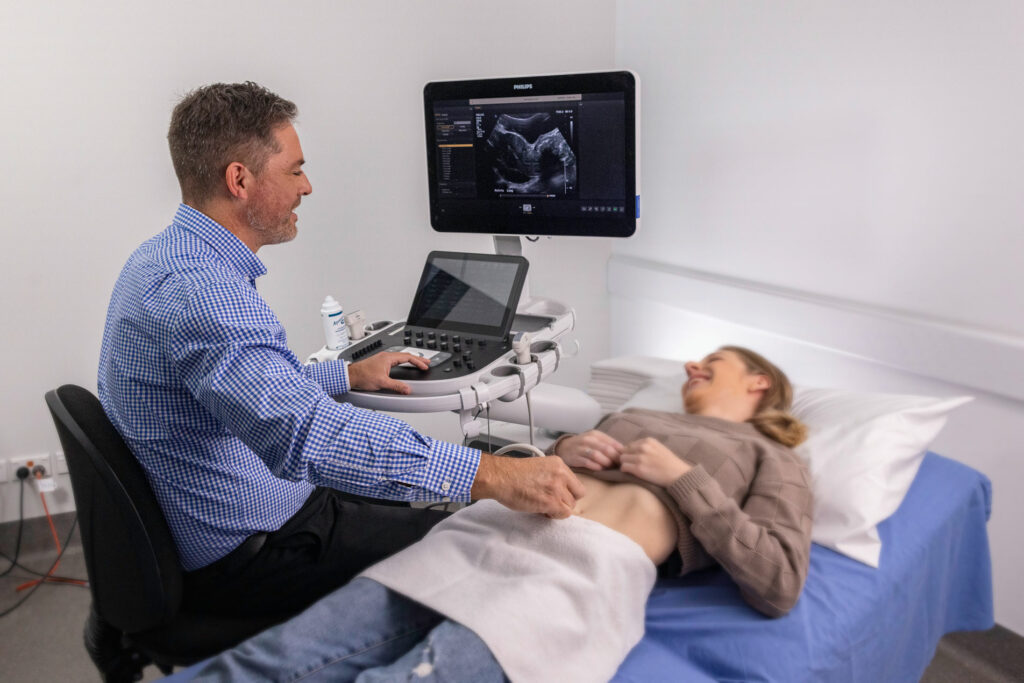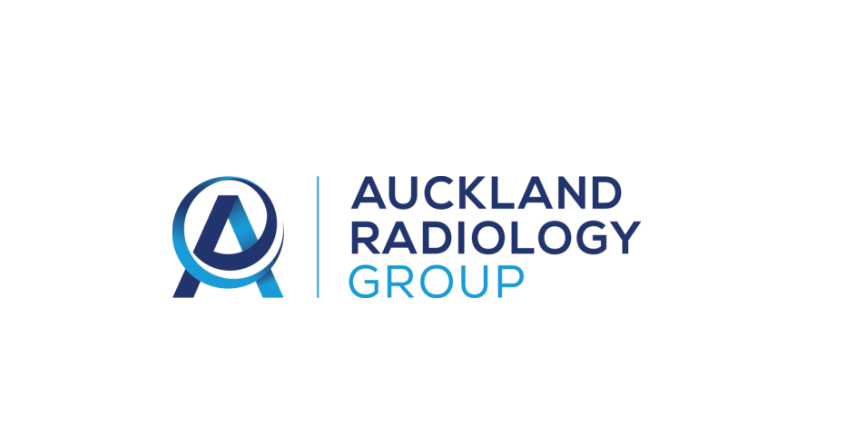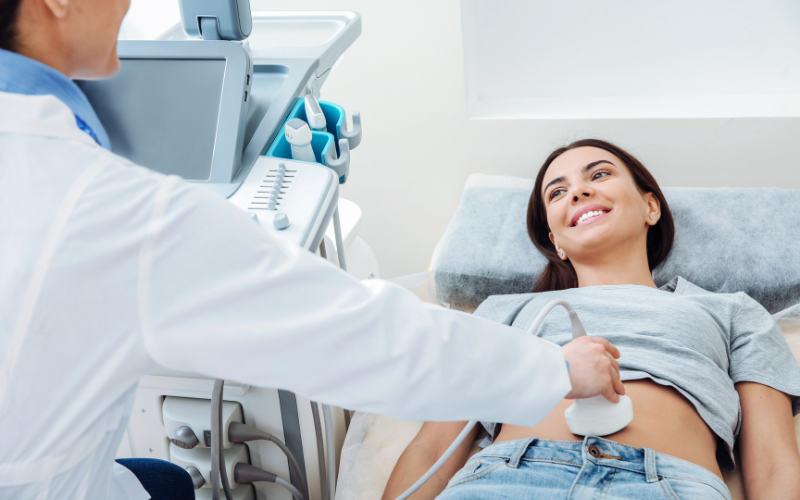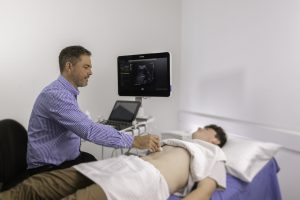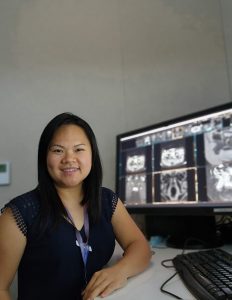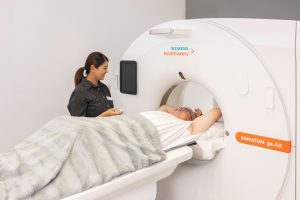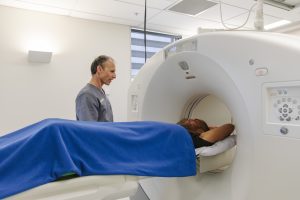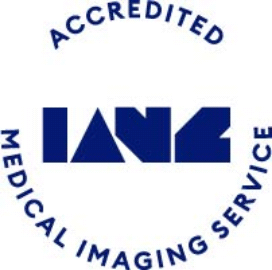New monitoring protocol for fertility treatment introduced after research study
Important clinical research conducted by two radiologists at Auckland Radiology Group (ARG) has been published in several highly regarded medical publications including Human Reproduction magazine, the International Journal of Endocrinology, The Journal of Clinical Endocrinology & Metabolism and Frontiers in Endocrinology.
The “SELFI Study: Iodine excess and thyroid dysfunction in women undergoing oil-soluble contrast hysterosalpingography”, was conducted in collaboration with Repromed and the Liggins Institute of the University of Auckland. Jane Peart and Robert Sim critically reviewed and analysed the intellectual content of the manuscript in conjunction with primary authors Divya M Matthews and Paul L Hoffman.
Tubal flushing procedures with Lipiodol have become increasingly popular as they have been shown to increase the chance of becoming pregnant. However, Lipiodol has an extremely high concentration of iodine compared to other contrast agents and a long half-life. The researchers were seeking answers around whether prolonged, very high iodine levels have an effect on the thyroid function of patients and their babies who undergo this procedure.
This study demonstrated that 40% of patients who have a tubal flushing procedure with Lipiodol develop subclinical hypothyroidism and 5% developed hyperthyroidism within 6 months. It was also found that patients who were treated with subclinical hypothyroidism had higher pregnancy rates. No evidence was found of congenital hypothyroidism in babies born to mothers who had undergone this procedure.
These findings have resulted in the introduction of post procedure thyroid function monitoring for patients who have undergone tubal flushing using Lipiodol as a contrast agent. This is an important safeguard to optimise patient wellbeing and fertility.
